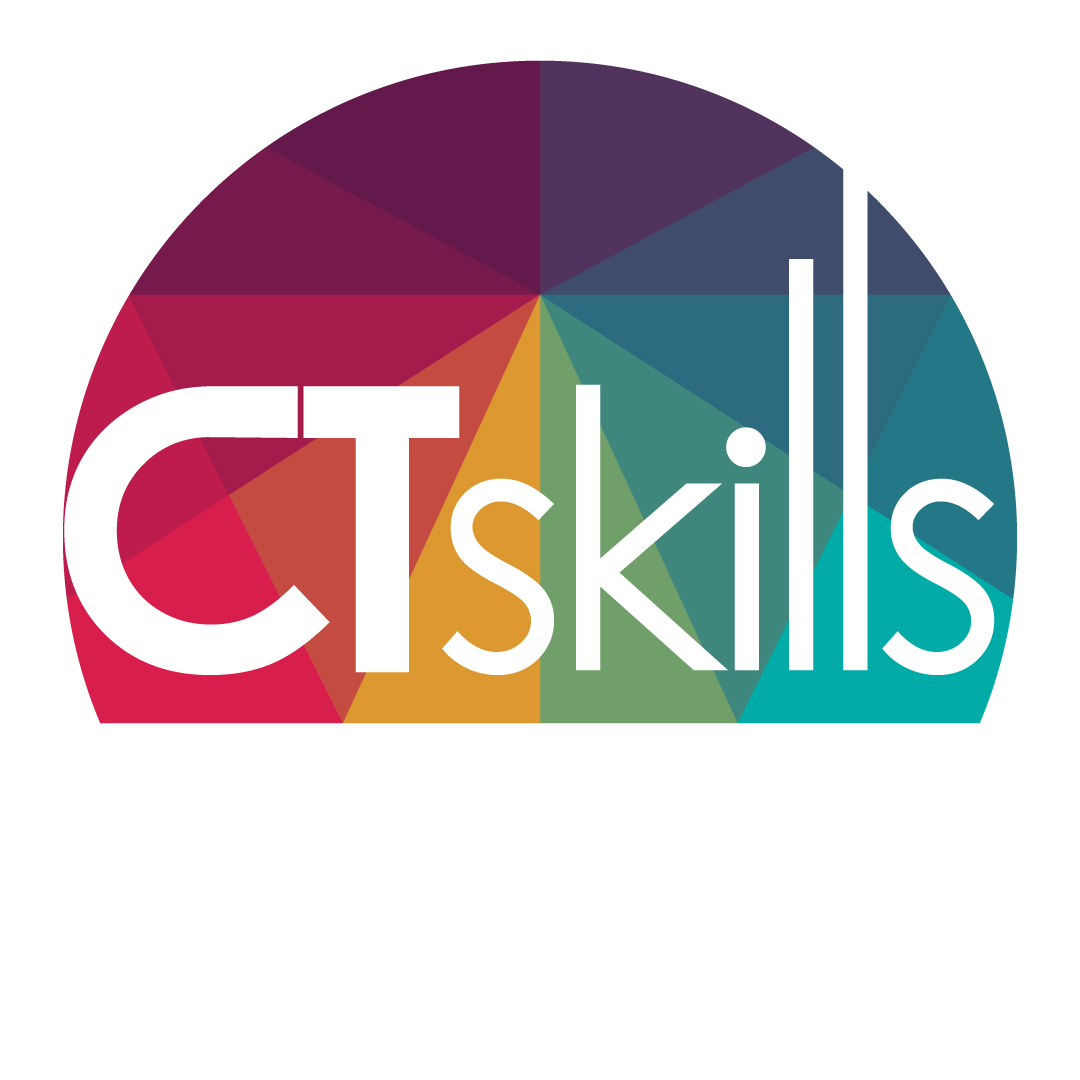Deciding which path to go down as school leavers can be confusing and a little overwhelming. Whether to go to university, college or perhaps start an apprenticeship – there are a lot of options available. In this blog, we will include the pros and cons of three different routes to help you find the most suitable option for you.
Apprenticeships
An apprenticeship is a paid job where you gain not only qualifications, but on-the-job experience working within a team, and gaining knowledge in your chosen career.
Off-the-job training is 20% of an apprenticeship which involves doing workshop tasks, revision, and learning sessions with an Assessor, through a college, or apprenticeship training provider. Whilst there isn’t always classroom learning during an apprenticeship, there is always a nationally recognised qualification that you will achieve at the end of your course.
The pros of apprenticeships:
- Earning a steady salary instead of ending up in debt.
- Gaining fantastic experience within a working environment and friendly team.
- Learning incredibly useful on-the-job skills, knowledge, and behaviours.
- Achieving qualifications that will show on your CV for future job opportunities. These are extremely beneficial as employers will be very impressed!
- The apprenticeship will keep you engaged with real-time work instead of constant lectures.
- No homework!
The cons of apprenticeships:
- One of the only cons we have been able to gather is commitment. Once you start your apprenticeship, the average job will be a 9-5 day, 5 days a week. This requires you to jump headfirst into a career that you might not feel you’re ready for. Although this may be scary, it’s also a great opportunity for you to get used to the 9-5 life and experience a healthy work-life balance.
Finding the right business for you may take time but that is completely normal. But with the government now supporting small businesses from 1st April this year, the options available have just opened considerably. Perhaps a small family run business appeals to you more than a large corporate business?
But maybe a larger business is where you want to be. The apprenticeship scene is more widely known and understood in these companies and their structure and career path could be just what you’re looking for. You can view our apprenticeship courses here!

University
Nearly 40% of students go to university after they leave school, it is known as the most popular route after finishing school. But is it seen as the main option because people aren’t sure what to do next? Let’s explore this further…
We get it, it’s exciting to move from home, get that first taste of independence and it can lead to some great career possibilities, however there are more disadvantages than you would think.
The main disadvantage is the build-up of debt which is on average £45,000. This is a huge sum of money that you will be paying back for years to come.
The pros of university:
- Achieving a degree at the end of your studies, which could help you get your career started.
- Being taught by experts within the industry and well-respected academics will help you understand your specialities and grow your passion for your chosen subject.
- Growing as a person, making new friends, enjoying a hectic social life, living independently, and learning how to look after yourself without being at home.
- Joining clubs and societies, as well as having access to placement and work experience opportunities.
The cons of university:
- Constant lectures, over 40% of students say that they miss at least one per week.
- You are given lots of homework to complete such as reading and assignments.
- Lots of study outside of lecture time which takes up a lot of free and spare time.
- Extreme pressure to succeed.
- An expensive lifestyle means many students have no choice but to take on part-time jobs to help lessen the financial burden.
- Most students must move away from home which can cause homesickness and depression.
- 1 in 6 students report mental health issues due to stress and pressure. here.

College and Sixth Form
College and Sixth Form are another popular option for those finishing school. Students may find these the ‘safe option’ especially if you don’t know exactly what you want to do as a career yet.
Most schools have an option to stay for Sixth Form studies which gives you the choice of subjects similar to what you took in your GCSEs.
The pros of college and sixth form:
- Gaining greater independence as you will be able to develop your organisational skills through each class.
- Getting the chance to study a wider range of subjects due to smaller class sizes allows you a more customised learning experience.
- Developing interpersonal skills in a supportive environment will nurture you to boost your confidence.
- You will also be able to choose your favourite courses allowing you to specialise in subject areas tailored towards your interests which can be very helpful for your future career paths.
The cons of college and sixth form:
- You won’t have the opportunity to explore options as you may need to study a minimum of three subjects from a list.
- Less freedom in terms of schedule as you will have many classes just like a school day.
- You won’t gain experience within a working environment or proper team which can lead you to feel behind when it comes to getting a job.
- If you did want to get a job, it will more than likely be a part-time job that doesn’t relate to where you want to head down as your future career.

Overall, apprenticeships, university, college and sixth form are all great options for when you’re leaving school – it really comes down to what you want from the next step as you work towards your career. But it’s important to remember that while this decision can feel weighty, whichever path you choose doesn’t mean the road ends there, career interests can change as you gain experience and grow as a person. And that’s ok.



